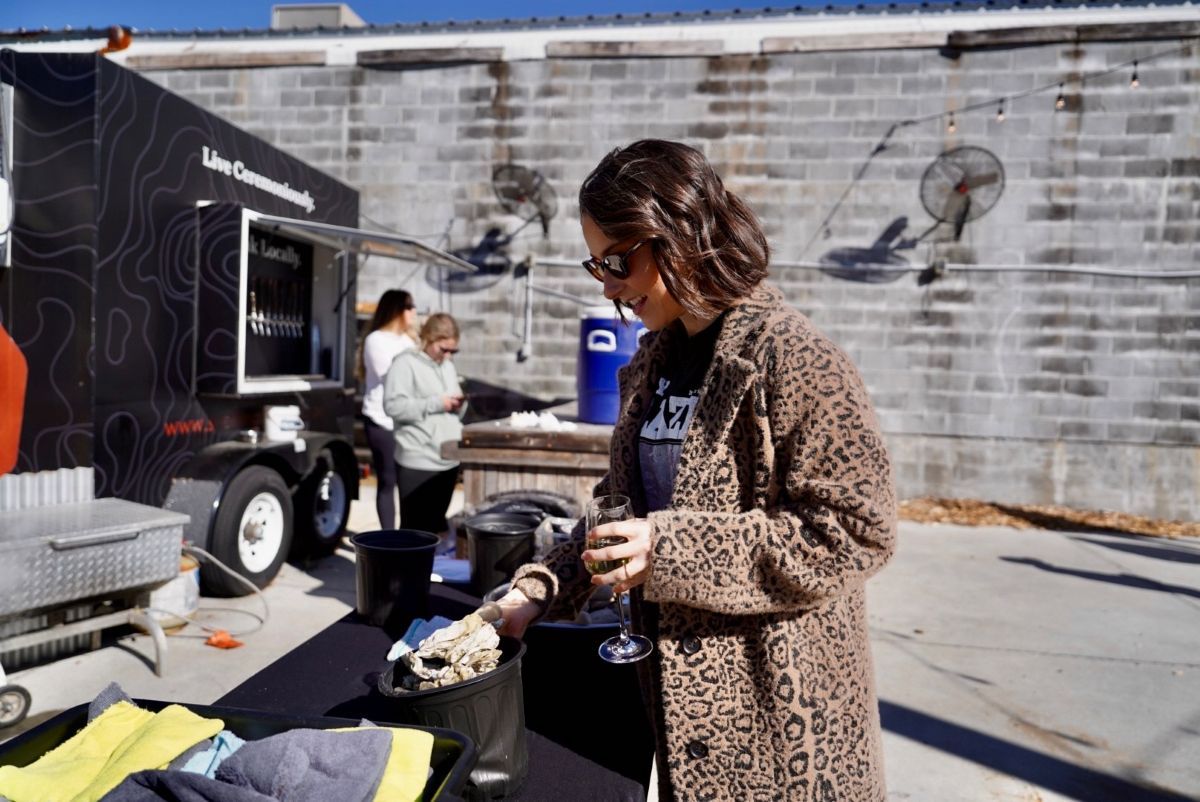The female judge who remains in the running is expected to win a seat on the all-male high court
By Jessica Holdman
SCDailyGazette.com
COLUMBIA — South Carolina is expected to have an all-white Supreme Court after the lone Black finalist withdrew Tuesday, May 28, but it’s unlikely to remain all male.
Circuit Court Judge Jocelyn Newman, of Columbia, submitted a letter exiting the race just eight days before the state General Assembly is scheduled to hold an election for the open seat created by the retirement of Chief Justice Don Beatty, legislative staff confirmed.
It appears that Judge Letitia Verdin, of Greenville, has locked up more than enough votes necessary to win.
She had more than 100 commitments from South Carolina’s 170 legislators in the three-way contest heading into the long holiday weekend, said Rep. Jason Elliott, R-Greenville, her chief vote-counter.
That means Verdin sealed up her support quickly. Candidates could not start asking for commitments before noon May 22.
And with Newman bowing out, Verdin — who has 15 years of experience on the bench — is certain to pick up more votes to be the newest associate justice. While Beatty’s impending retirement created the vacancy, the election is actually to fill the seat of Justice John Kittredge once he replaces Beatty.
It is normal for candidates to withdraw from a judicial race in South Carolina once they realize they don’t have enough votes to win.
Newman, the daughter of recently retired Circuit Court Judge Clifton Newman, was the only candidate of color advanced to the full Legislature for a vote June 5. (By law, the Legislature’s judicial screening panel can forward a maximum of three qualified candidates. The other Black female judge who applied was not among the three.)
Newman has been on the bench for eight years. Barring something highly unusual happening, her withdrawal will make South Carolina the 19th state in the country with an all-white high court, according to the Brennan Center for Justice.
But Verdin’s likely election would add gender diversity to the nation’s only all-male state high court.
Judge Blake Hewitt, of Conway, is the other remaining candidate. He was first elected in 2019 after years as an appellate lawyer.
Both Verdin, 53, and Hewitt, 45, sit on the state’s Court of Appeals.
During judicial screenings of the candidates earlier this month, panelists noted the glowing reviews for Verdin from an anonymous polling of lawyers.
Of the three candidates, Verdin received the most reviews with by far the most positive comments. Only four comments were negative. By comparison, Newman received 43 negative, anonymous reviews. Panelists also questioned Newman about being behind in issuing orders for cases.
Rep. Ivory Thigpen, chairman of the South Carolina Legislative Black Caucus, lamented there no longer being a candidate of color in the running but said the caucus is hopeful that a female candidate will win.
Who lawmakers choose will shape the look of the state’s highest court for some time. A seat isn’t likely to come available for more than four years. That’s when Kittredge, who will become chief justice this summer, ages out. (State law requires judges to retire from full-time work by Dec. 31 of the year they turn 72.)
Beatty, a former legislator from Spartanburg and the only Black member of the high court, is retiring when his term ends this summer. He turned 72 in April.
For South Carolinians to hold trust in the state’s courts, Thigpen said, it takes a diverse judiciary bringing a variety of life experiences and reflecting the population it serves. If lawmakers were to elect and all-white male high court, it could run the risk of people losing hope and faith in the judicial system, he said.
“This is a tipping point, a litmus test for our General Assembly,” the Columbia Democrat told the S.C. Daily Gazette. “And I think we will rise to the occasion.”
South Carolina is one of only two states where the Legislature elects nearly all judges. Virginia is the other.
The election of a new justice comes as South Carolina’s judiciary has been under intense scrutiny after an all-male court upheld a state law that bans abortions around six weeks into pregnancy.
The court, in a 3-2 decision in early January 2023, had thrown out an earlier version of the so-called “fetal heartbeat” law as violating the state constitution’s protection from unreasonable invasions of privacy. At that time, there was one woman on the court, Justice Kaye Hearn, who wrote the majority opinion that was blasted by GOP lawmakers as judicial activism. It was her last opinion before she retired.
Hearn’s replacement, Justice Gary Hill, was elected after two female judges dropped out of the race before the Legislature voted.
Thigpen advocated for Verdin’s selection when the Legislature returns to Columbia next week for the state Supreme Court election.
Having served at the family, circuit and appeals court levels, Verdin brings not only gender diversity but a range of experience, even though her stint on the state Appeals Court was short, Thigpen said.
He also said the Supreme Court race underscores the importance of having a pipeline of diverse candidates, starting at the law school level and continuing through all levels of the court system. The state’s Appeals Court is made up of four white female judges, one Black male, and four white males.
Because both remaining Supreme Court candidates serve at the appellate level, Thigpen said it could create an opening for more racial diversity on the Appeals Court.
“Diversity still remains a challenge for our judicial bench,” he said. “I know diversity and inclusion have become political buzzwords but the reality is it’s what makes us who we are.”
The 18 states that already had no person of color on their state Supreme Court, as of May 2023, are Alabama, Alaska, Arkansas, Idaho, Indiana, Kansas, Kentucky, Montana, Nebraska, New Hampshire, North Dakota, Pennsylvania, South Dakota, Tennessee, Utah, West Virginia, Wisconsin and Wyoming, according to the Brennan Center for Justice.
Jessica Holdman writes about the economy, workforce and higher education. Before joining the S.C. Daily Gazette, she was a business reporter for The Post and Courier.
S.C. Daily Gazette is part of States Newsroom, the nation’s largest state-focused nonprofit news organization.









